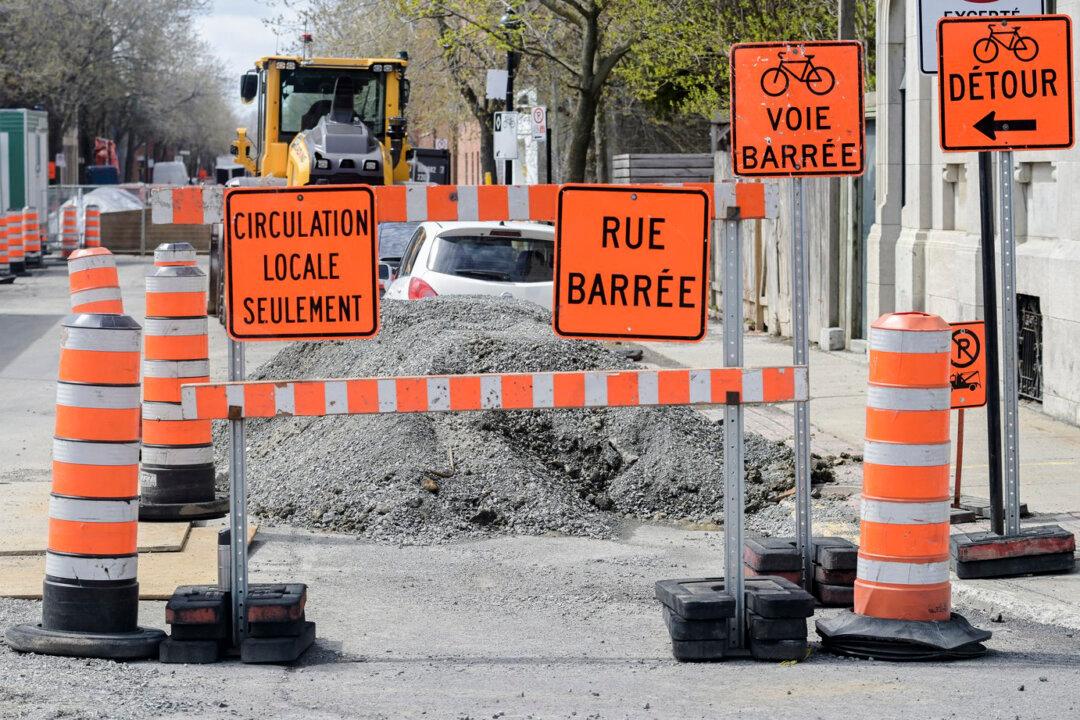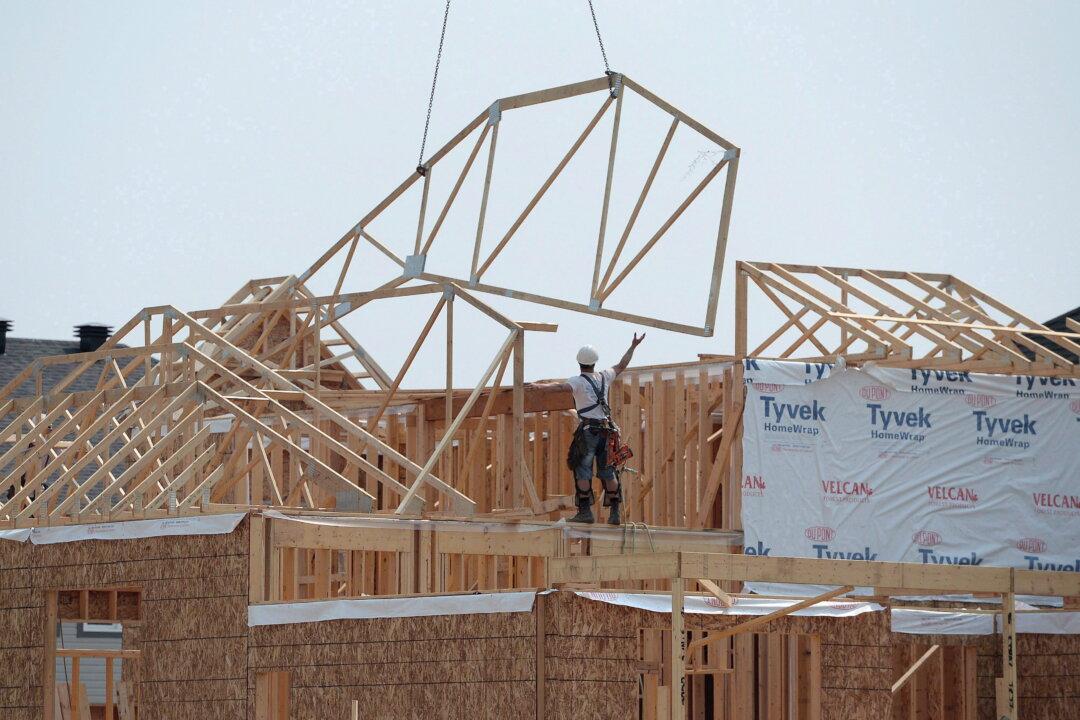Canadian businesses that lose revenue from city construction projects should receive compensation, says the Canadian Federation of Independent Business (CFIB).
The non-profit organization that represents over 97,000 small and medium-sized businesses across the country issued an open letter to mayors and councillors on June 6, asking for local governments to consider implementing construction mitigation programs similar to those in Montreal and Calgary.





